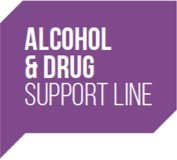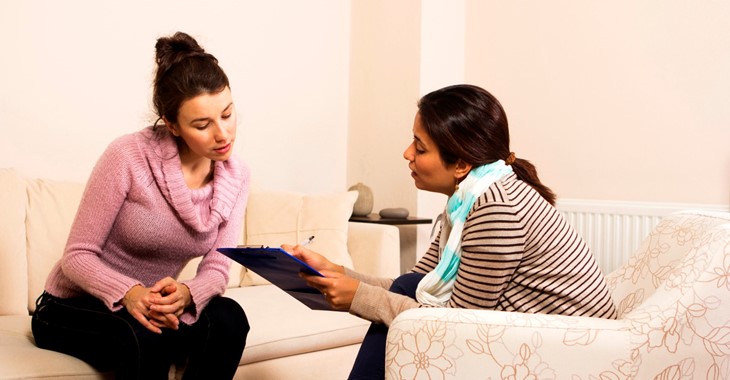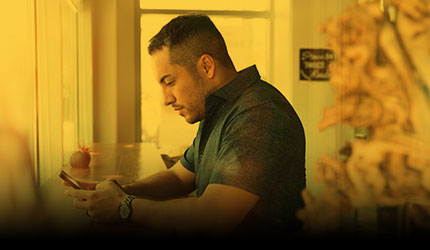How does meth affect your life?
How to get help?
There are a range of support and treatment services available to help people who use meth in WA. This section will help you find out more about the services and what they can offer.
Want to know more?
Alcohol and Drug Support Line
The Alcohol and Drug Support Line is a confidential, non-judgemental telephone counselling, information and referral service for anyone concerned about their own or another person’s alcohol or drug use.
The service is available 24/7 via phone.

Phone: (08) 9442 5000
Country callers: 1800 198 024
Live Chat : 7am – 10pm, daily
Email: alcoholdrugsupport@mhc.wa.gov.au
Contact with the Alcohol and Drug Support Line is one-to-one with a professional counsellor and is confidential.
The counsellor who answers your call can:
- Listen to what is going on for you
- Provide you with information about alcohol or other drug use
- Provide emotional support
- Talk about treatment options
- Refer you to local services that can provide ongoing support
They can also provide:
- Interim support to individuals waiting for face-to-face counselling/treatment
- A free call-back service to socially and geographically isolated clients
- Support to health professionals working with individuals and families impacted by alcohol or other drug use
Translation support
If English is not your first language, you can get free translation support through Translating and Interpreting Service by phoning 131 450.
Speech or hearing difficulties
If you have speech or hearing difficulties you can contact us by phone through the National Relay Service.
Live Chat
Just like our phone service, during a chat session, the counsellor can:
- Find out what is going on for you
- Provide you with information about alcohol or other drug use
- Provide emotional support
- Chat about treatment options
- Refer you to local services that can provide ongoing support
Treatment and Support
Making changes to your meth use can be challenging and can take time. You will likely face ups and downs but if you can stick with it, you can achieve your goals. Recovery can be tough at times, but also very rewarding.
There are different treatment options available to help and support you through the process of recovery.
Counselling
Counselling gives you the opportunity to discuss issues that are causing you concern in a safe and supportive environment.
Many people find that talking with a trained counsellor helps them to work out better ways to deal with issues in their life or relationships.
Anyone concerned about themselves or someone else can go to counselling.
Alcohol and other drug services will accept self- referrals. Typically you will need to make an appointment.
To find a counselling service in WA please visit Mental Health Commission – Counselling.
Withdrawal
Withdrawal services provide a safe and supportive environment to help you withdraw from meth or alcohol and other drug dependence. The services are confidential and most are free.
Many also offer a range of other supports to help promote recovery after withdrawal.
To find a withdrawal service in WA please visit Mental Health Commission – Withdrawal Services.
Residential rehabilitation
Residential rehabilitation allows people to live-in while they complete a program that supports them to deal with alcohol and other drug use problems. Residential rehabilitation is voluntary.
The program may provide individual and group therapy, counselling, education and art and recreation activities.
The average length of stay is 12 - 16 weeks but some people stay for more than 12 months.
You can self-refer to these services. The entry process can take up to four months.
To learn more about access and entry to residential alcohol and other drug services and what services are available visit Mental Health Commission – Residential Rehabilitation.
Peer Support
Peer support groups can connect you with other people who are also in the process of making changes to their alcohol or other drug use.
You can join a group which meets regularly to encourage each other in recovery, access information and education or volunteer to support others.
To find self-help resources and peer support groups please visit Mental Health Commission- Self Help and Peer Support.
Related topics
Jane's Story, 30 year old

“Rehab has saved my life and my soul. The staff and other residents have helped me immensely. They have changed my life, they have saved me. I couldn't pinpoint the most helpful thing; I think honestly it's been the whole combination of the service.”
An Australian study found that treatment led to consistently positive findings for meth/amphetamine users, both in terms of abstinence and reduced use.
(Lubman et al. 2014)






